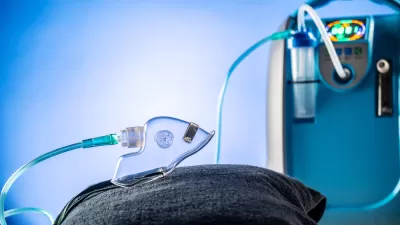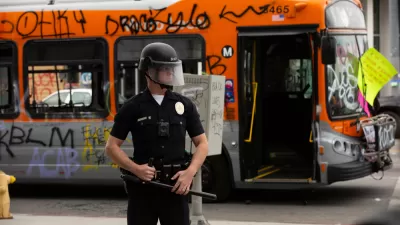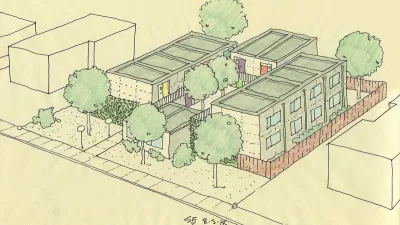Instead of sending an ambulance every time someone calls 9-1-1, the Houston City Council voted to contract with a telephone nursing service for non-emergencies.
"For callers who do not have a true emergency, a nurse will offer first-aid advice over the phone, or help them find a clinic or doctor.
The Houston Fire Department responds to about 750 emergency medical calls a day.
'In a large percentage of cases, when we get there, the patient didn't even want to go to the hospital,' said Dr. David Persse, the city's director of Emergency Medical Services. 'Maybe they just wanted some advice, get their blood pressure taken.'
Some people call 911 because they have no health insurance or no transportation to the hospital. Others have insurance but do not know how to get after-hours care or cannot judge how serious a problem may be.
Until now, the default solution has been to send an ambulance. That costs taxpayers and also can cost the patient: An ambulance ride to the ER costs $415, plus $7.50 per mile. That's before the hospital bill.
Houston is among the first cities to try tele-nurses for 911 calls. Richmond, Va., has a similar program."
Thanks to Larry Schooler
FULL STORY: 'Tele-nurses' offer alternative to tying up ambulances

Planetizen Federal Action Tracker
A weekly monitor of how Trump’s orders and actions are impacting planners and planning in America.

Map: Where Senate Republicans Want to Sell Your Public Lands
For public land advocates, the Senate Republicans’ proposal to sell millions of acres of public land in the West is “the biggest fight of their careers.”

Restaurant Patios Were a Pandemic Win — Why Were They so Hard to Keep?
Social distancing requirements and changes in travel patterns prompted cities to pilot new uses for street and sidewalk space. Then it got complicated.

Platform Pilsner: Vancouver Transit Agency Releases... a Beer?
TransLink will receive a portion of every sale of the four-pack.

Toronto Weighs Cheaper Transit, Parking Hikes for Major Events
Special event rates would take effect during large festivals, sports games and concerts to ‘discourage driving, manage congestion and free up space for transit.”

Berlin to Consider Car-Free Zone Larger Than Manhattan
The area bound by the 22-mile Ringbahn would still allow 12 uses of a private automobile per year per person, and several other exemptions.
Urban Design for Planners 1: Software Tools
This six-course series explores essential urban design concepts using open source software and equips planners with the tools they need to participate fully in the urban design process.
Planning for Universal Design
Learn the tools for implementing Universal Design in planning regulations.
Heyer Gruel & Associates PA
JM Goldson LLC
Custer County Colorado
City of Camden Redevelopment Agency
City of Astoria
Transportation Research & Education Center (TREC) at Portland State University
Camden Redevelopment Agency
City of Claremont
Municipality of Princeton (NJ)





























